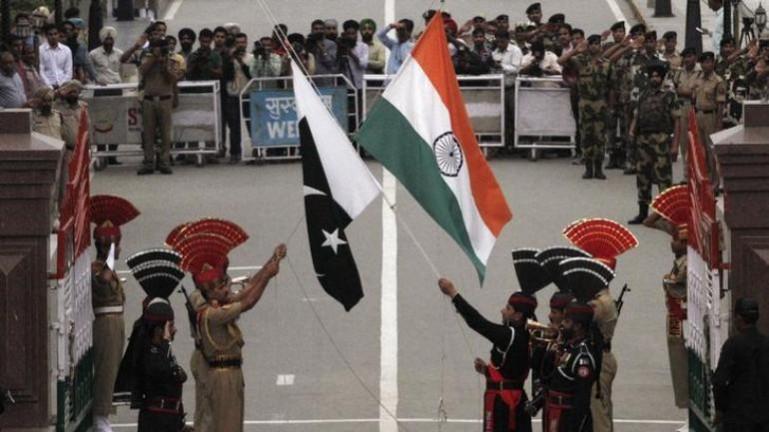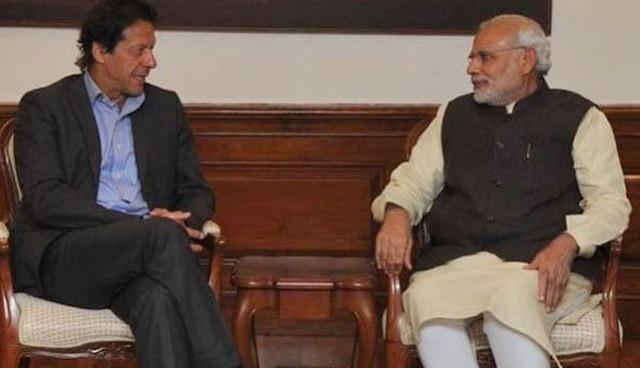
Pakistan's decision to snap off trade ties with India over the New Delhi's decision on Jammu and Kashmir will hurt Pakistani traders more than it will affect Indians, according to trade observers. Apart from the sizes of the two economies, the liberal trade environment that Pakistani traders enjoyed until recently by way of the most favoured nation (MFN) is also a factor that could cause more pain to business from across the border.
India's exported goods worth $452.5 million to Pakistan in the first quarter of 2019-20 financial year and the imports totalled $7.13 million, a report in the Economic Times says. In FY19, the total exports to Pakistan amounted to $2.06 billion, while imports were $495 million.
India has low dependence on exports to the neighbouring countries including Pakistan, Indian officials point out, according to media reports. India's $2.72-trillion economy is said to be in a better position to absorb regional trade shocks better than Pakistan's economy estimated at $288 billion.
Pakistan Prime Minister Imran Khan announced that Islamabad is breaking off trade ties with India to protest India's action of changing the special status of Jammu and Kashmir by partly abrogating Article 370 and Article 35a of the Constitution. Pakistani exporters had been hit by Prime Minister Narendra Modi's withdrawal of the MFN status to Pakistan following the Pulwama terror attack. The stoppage of all bilateral trade will deal a fatal blow to many export houses in Pakistan that have an India-centric trade strategy.
Indian traders will still have the option to access the Pakistani market indirectly through the United Arab Emirates where a lot of unaccounted trade happens through Dubai. On the other hand, India does not import much other than petroleum products from the Middle East, denying Pakistan traders an alternative route.

While the ban on cross-border trade will hit the traders, it could also affect the people of Pakistan even more. The ban could push up the price of many essential commodities and pharmaceutical products in Pakistan.
The nature of products imported by India and Pakistan also indicates a higher human cost for the latter. Imports to India from Pakistan are mostly agricultural produce that has a direct impact on the lives of the small and marginal farmers of Pakistan. Pakistan imports mostly steel, heavy machinery and pharmaceuticals products whose makers are industrial houses with more staying power and wherewithal to find alternative markets. Indian exports also include organic chemicals, cotton, plastics, and dyes.
"Trade was practically closed for some time. So, there will be no impact especially on agricultural products," the report quotes an unidentified official. "The suspension of trade relations will hit Pakistan more as our exports to them have a very limited profile because they did not give us MFN status and violated global trade rules," the report quoted Ajay Sahai, director general, Federation of Indian Export Organisations, as saying. Sahai explained that such goods have a ready market in South Asia and the Middle East, which will enable India to divert such exports immediately without much cost.
"This is a unilateral move and a unilateral loss," Mohit Singla, Chairman, Trade Promotion Council of India, said. However, Sahai added that shipments in the pipeline will take a hit and it is not clear whether the goods in transit or lying at the ports would be recalled in such a deteriorating situation, the report added.

















